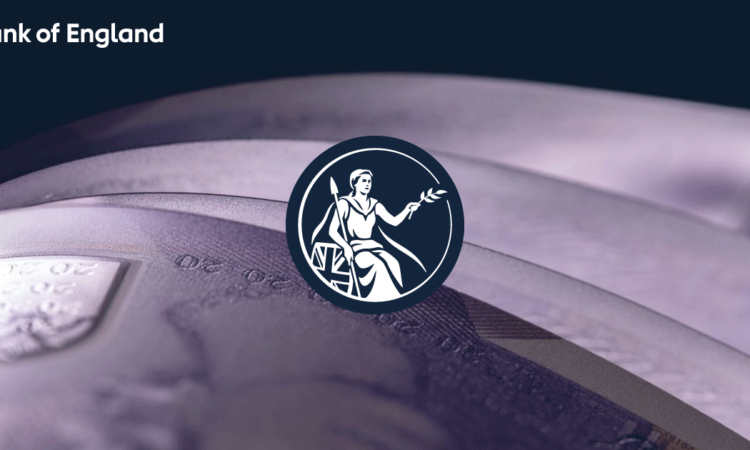
Money sits at the heart of our economy and everyday lives. Today we can pay in many different ways, including using banknotes issued by the Bank of England or electronically, from your bank account. Whichever way you choose to pay, you can always trust the value of the money you’re spending or receiving.
A digital pound would be like a digital form of cash – a banknote for the digital era. Like banknotes, it would be issued directly by the Bank of England. You could hold your digital pounds in a digital wallet, and spend them in shops or online.
This type of money is known as a central bank digital currency (CBDC). You may also hear it being called ‘digital sterling’ or even ‘Britcoin’. We call the UK version of CBDC a digital pound.
A digital pound would be denominated in sterling and its value would be stable, just like banknotes. £10 in digital pounds would always have the same value as a £10 banknote.
If we introduced it, it would not replace cash. We know being able to use cash is important for many people. That’s why we will continue to issue it for as long as people want to keep using it. You would simply have even more choice when you make payments. The digital pound would not be a cryptocurrency or cryptoasset. As opposed to cryptocurrencies, which are issued privately, a digital pound would be issued by the Bank of England and be backed by the Government.
Just like the money you use today, your trust in a digital pound would be essential. Any future laws on a digital pound would guarantee users’ privacy and also guarantee that neither the Bank of England nor the Government would be able to control how you spend your money. It would be your choice whether to use a digital pound or not.
In early 2023, we published a Consultation Paper, which explores the need for a digital pound and proposes a set of design choices for it. We received over 50,000 responses and we are grateful to all those who provided their thoughts. We published a response to this consultation in January 2024.

